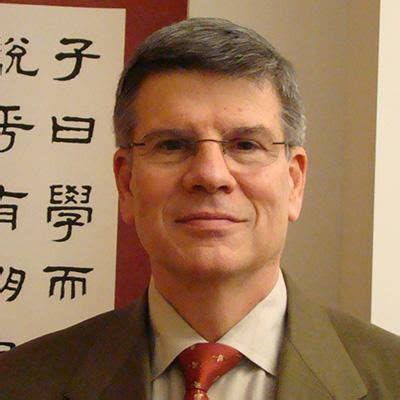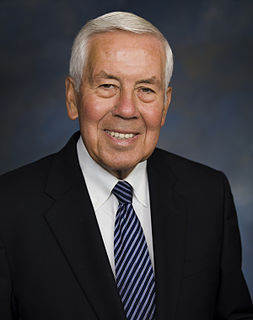A Quote by Rebecca MacKinnon
Normalization of U.S.-China relations in 1979, combined with economic reforms and opening, transformed the Chinese people's lives.
Related Quotes
What is applicable is to understand that first of all China has undergone a huge revolution in the last years. Anyone who saw China as I did in 1971 - and for that matter even in 1979, because not much had changed between 1971 and 1979 - and sees China today, knows one is in a different economic system.
The biggest novelty of 2013 will be new leadership in China. Very little is known about the views of the new leaders - who will rule the country for ten years. But we do know they're the first generation of Chinese leaders who have spent the majority of their lives in a China 'opening up' to the rest of the world.
Of other countries, to impose economic sanctions, it'd really begin to dry up the enormous amount of money coming into North Korea, a lot of it from China - from Chinese banks - whereas, if we sanction the Chinese banks, there could be friction with China. But this is something we're going to have to face.
Now we characterise Russian-Chinese relations as a strategic partnership, even a special strategic partnership. We have never had such a level of trust with China before. China is our major trade and economic partner among foreign states. We implement joint multi-billion projects. We cooperate not only within the UN Security Council, which is logical, as both China and Russia are permanent members of the UN Security Council, but also within such regional organisations as the Shanghai Cooperation Organisation, BRICS, etc.
During the 1999 debate over Permanent Normal Trade Relations with China President Bill Clinton said, 'In opening the economy of China, the agreement will create unprecedented opportunities for American farmers, workers and companies to compete successfully in China's market. WRONG: Our trade deficit with China has increased from $83 billion in 2001 to a record breaking $342 billion in 2014.
Burma is located between China, India, and South East Asia. So it is quite natural that a country wanting diplomatic relations with our country would pay attention to who our regional neighbors are. It is not at all fair to ask a country to build relations with Burma but not take into account the situation in China. There is no way to think that taking the Chinese situation into consideration shows a disregard for Burma.
China need to be fought back on. And what we need to do is go at the things that they are most sensitive and most embarrassing to them; that they're hiding; get that information and put it out in public. Let the Chinese people start to digest how corrupt the Chinese government is; how they steal from the Chinese people; and how they're enriching oligarchs all throughout China.
I think China thinks information technology is less important than we think it is in the US, economically, and more important politically. And so Chinese internet companies are extremely political, they're protected behind the great firewall of China, and investment in Alibaba is good as long as Jack Ma stays in the good graces of the Chinese communist party. Alibaba is largely copying various business models from the US; they have combined some things in interesting new ways, but I think it's fundamentally a business that works because of the political protection you get in China.

































